7 travel mistakes to avoid on your next trip
Editor's note: This is a recurring post, regularly updated with new information.
You're not wrong if you feel like everyone is traveling right now.
According to AAA, 1 million more people traveled for Memorial Day weekend this year than in 2019.
"... [this] not only means we're exceeding prepandemic levels, but [it] also signals a very busy summer travel season ahead," said Paula Twidale, senior vice president of AAA Travel.
In fact, AAA is predicting this will be one of the busiest travel seasons in two decades.
Unfortunately, if history is any indicator, high travel demand brings with it a host of hassles and headaches — including staffing issues and long lines — which can make flying or hitting the road anything but relaxing. Travel can be unpredictable, but we can help you avoid some of the most frustrating issues.
Here are seven travel mistakes to avoid on your next trip — and advice on what you should do instead.
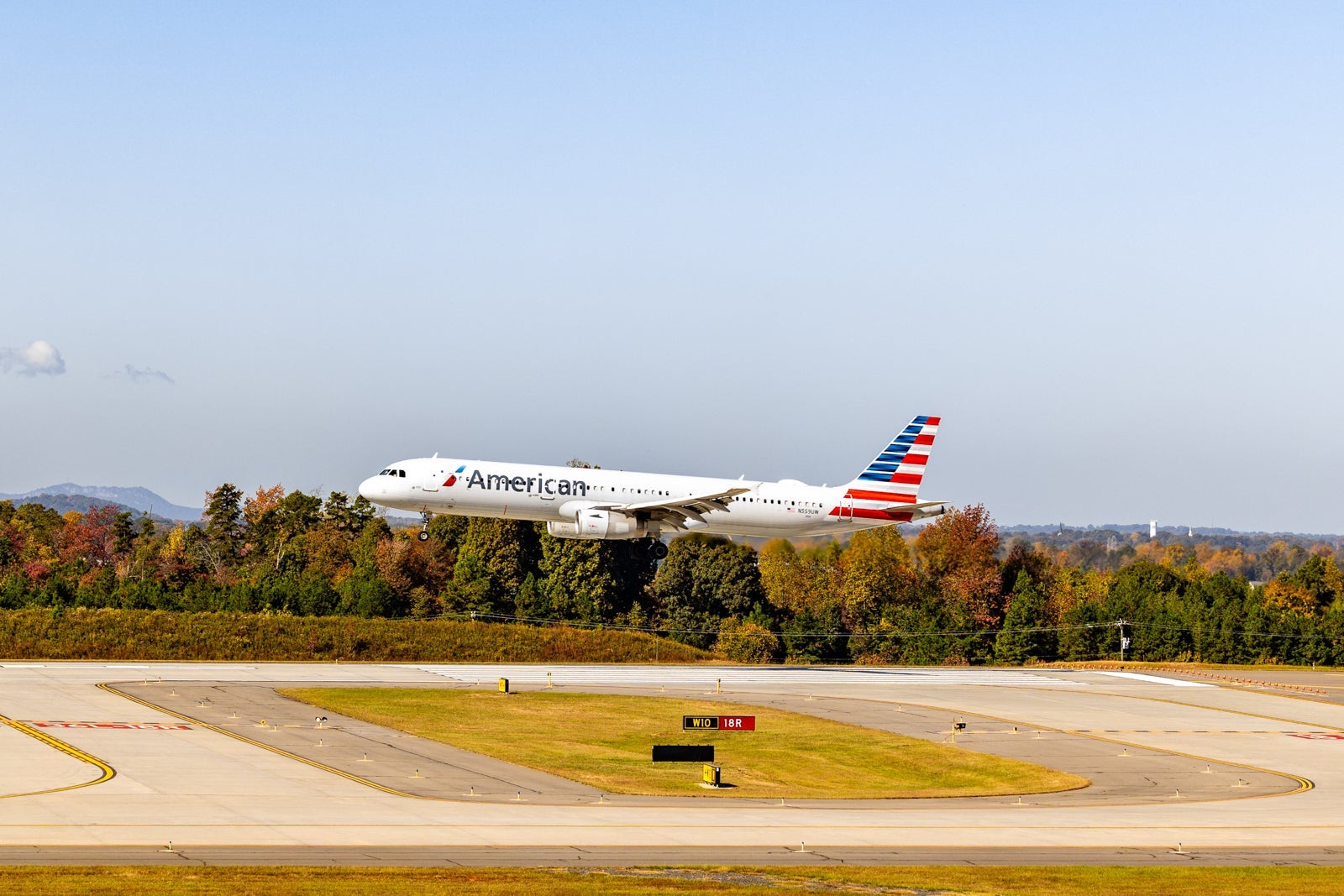
Assuming all travel plans are set
Before the coronavirus pandemic, many travel reservations were of the "set it and forget it" nature. Once you received an email confirmation of your flights, accommodations, tours or other bookings, you were generally good to go.
However, the pandemic changed this significantly.

Under normal circumstances, airline schedule changes can switch you to a potentially more desirable route or flight time. However, if those schedule adjustments happen too close to departure, you could be left in the lurch.
Many airlines have announced network changes over the past few years. Flight changes can now take effect within days of the announcement, leaving little time for affected passengers to make alternate arrangements. If you need to buy last-minute airfare from another carrier, that's yet another big-ticket, unexpected expense.
Tips to prevent these issues
- Log in to see your flight bookings (and hotel or vacation rental reservations) at least once a week so you can flag and address any possible disruptions as far in advance as possible.
- If you're planning to stay in a vacation rental, book a refundable hotel stay as a backup. However, be sure to set a calendar reminder to cancel your reservation before the cancellation deadline.
- Don't rely solely on third-party sources for reservation information. If you did use an online travel agency, check the status of your reservations with the airline or accommodations directly.
Planning on normal lines
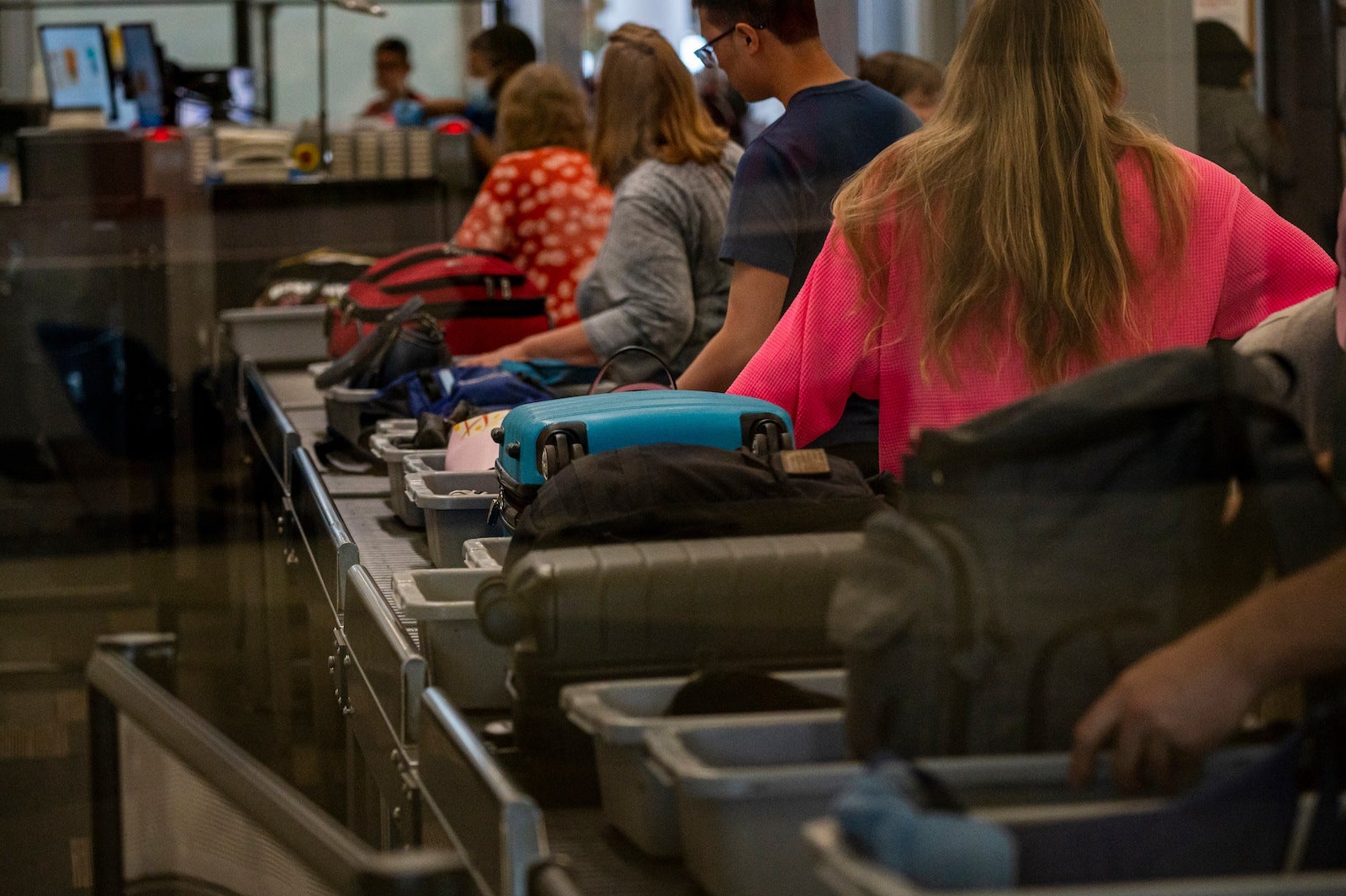
With summer travel demand surging, long lines and wait times at airports (as well as hotels) across the country are becoming even longer.
Luckily, there are still plenty of ways to avoid spending longer than necessary at the Transportation Security Administration checkpoint, and we have tips to help speed you through checking into your hotel room, too.
Tips to prevent these issues
- Plan to spend extra time at the airport, especially if you plan on checking a bag. In fact, you may want to try to bring only a carry-on, if possible.
- Use online check-in if you're only using a carry-on bag. This way, you can skip the counter and go straight to the security line.
- Apply for TSA PreCheck, Global Entry or Clear for expedited security, and use a credit card that covers the enrollment fees.
- Check in for your hotel stay using an app, since many hotel chains will provide you with a digital key and allow you to skip the front desk entirely.
- If you have hotel elite status, look for an elite status check-in line — these are usually much shorter. You may even be eligible for hotel elite status by virtue of a credit card that's already in your wallet.
Packing everything in your checked luggage
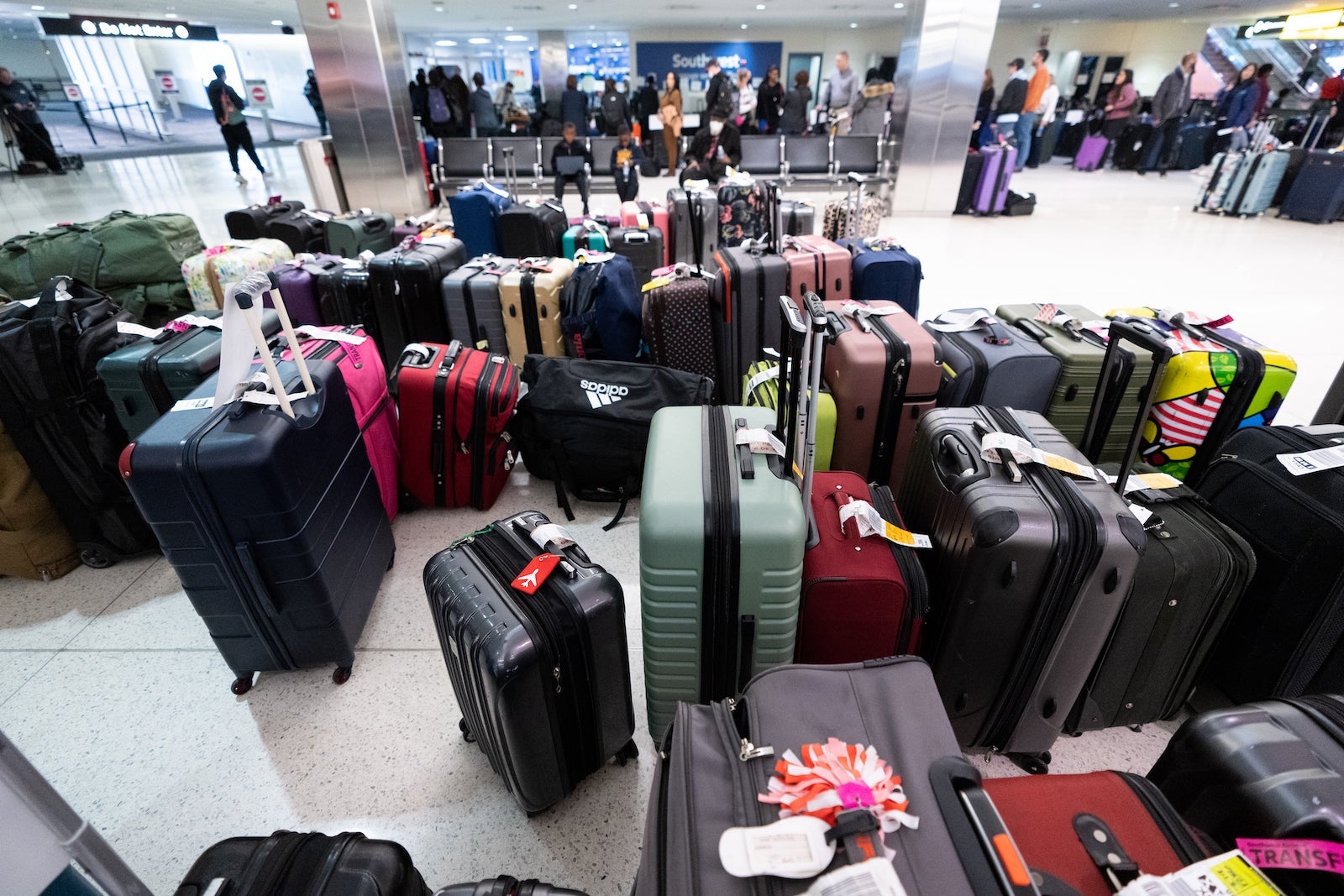
Even under the most ideal travel circumstances, there's always a chance of flight delays or cancellations.
Problems within the airline's control — like aircraft maintenance — that occur often result in food and/or hotel vouchers, courtesy of the carrier. However, if you experience delays due to things like weather events or problems with air traffic control, airlines are not obligated to compensate you at all. The only thing worse than being forced to spend a night in an airline's hub city (potentially at your own expense) is doing so without your personal items.
It's still entirely possible that everything will go smoothly. Maybe you'll have plenty of time to make your connection, and upon landing, your luggage will come out in a timely manner and you won't need to invoke an airline's checked-bag guarantee. That's not always the case, though.
Tips to prevent these issues
- Always pack a change of clothes, as well as essential items like prescriptions, glasses and contacts, chargers and a toothbrush in your carry-on bag.
- If you are stranded overnight, keep all your receipts for things like meal and necessity purchases — you may need to submit them to your airline or credit card company for potential reimbursement.
- Book your flights with a credit card that provides trip protection in the event of delays, unexpected overnights and cancellations. For example, if your trip is delayed by more than six hours, both the Delta SkyMiles® Reserve American Express Card and The Platinum Card® from American Express come with trip delay reimbursement of up to $500 per eligible trip.*
*Eligibility and Benefit level varies by Card. Terms, Conditions and Limitations Apply. Please visit americanexpress.com/benefitsguide for more details. Underwritten by New Hampshire Insurance Company, an AIG Company.
Not planning ahead with your rental car
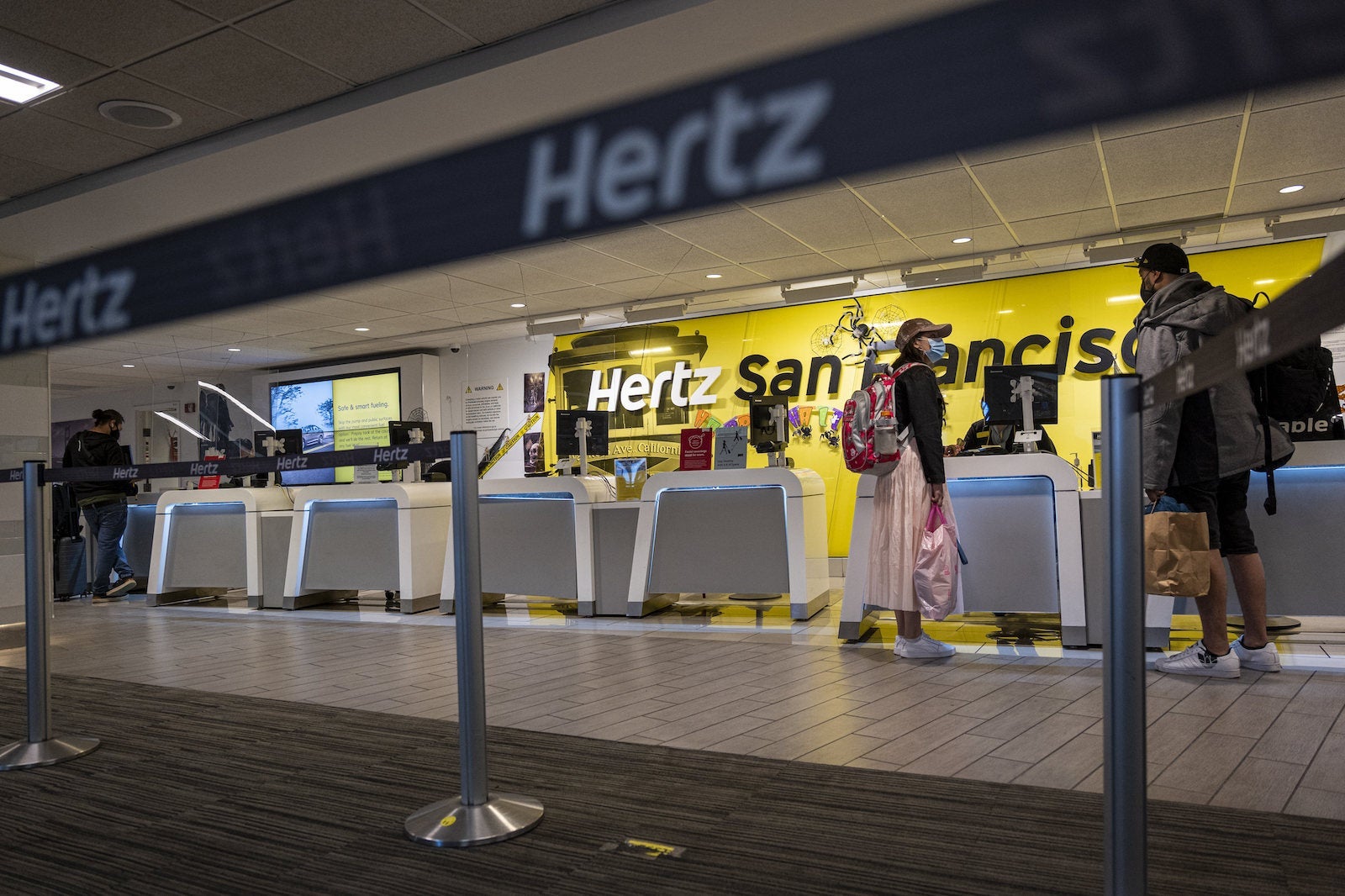
While the rental car shortages of recent years seem to have finally cooled down, you should still start the booking process early.
Increased demand can still lead to high rental prices, and there is still some residual shortage of cars. During high season, popular locales may have no availability whatsoever.
Even if you do snag a relatively affordable rental car, you may encounter certain hurdles when picking it up, such as a long line at the airport car rental counter. Also, keep in mind that if you leave things too late, the car you receive may be older and have more mileage than you'd like, so temper your expectations appropriately.
Tips to prevent these issues
- Book your rental car early — potentially ahead of your flights and accommodations — to lock in a decent price and inventory.
- Add your rental details into AutoSlash, which will automatically search for better prices for you.
- Join the car rental company's loyalty program, and see if your credit card includes elite status. This can not only help ensure there's a car waiting for you but may also allow you to skip the line.
- If all else fails, consider a car-sharing service like Turo, explore off-airport rental locations or investigate local car dealerships in your destination — some dealers rent out loaner cars to the general public. You could also explore getting a car through Uber or Lyft, as both companies operate rental services.
Relying on ride-hailing services
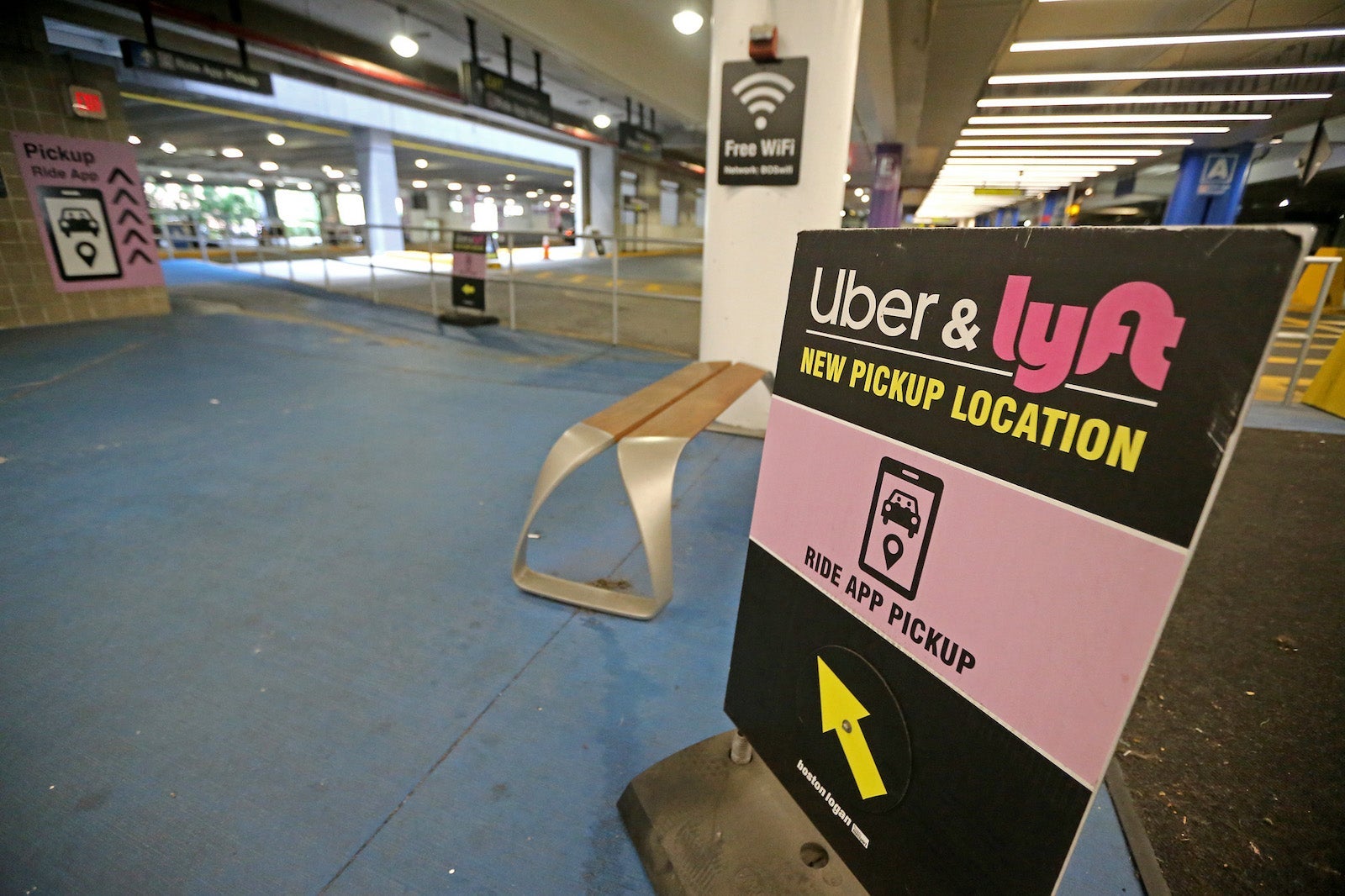
If you don't want to stress about renting a car or worry about parking fees, you may be inclined to use services like Uber or Lyft.
Unfortunately, you cannot always rely on these services. Sometimes, there are simply no available cars nearby. Or, you may find yourself with a long wait time or a victim of the dreaded "surge pricing," when prices suddenly double or triple during peak travel times, such as rush hour.
Tips to prevent these issues
- Use Uber Reserve to schedule an airport pickup and drop-off ahead of time.
- Consider renting a car — it's a more expensive option, but it will guarantee transportation when you need it.
- Stick with traditional taxi options, which can be cheaper and easier to grab. (Look for the taxi line at the airport or your hotel.)
- Utilize public transportation where possible.
- When you must ensure a car is available at a certain time, splurge on high-end car services from a company such as Blacklane.
Not making reservations for everything — even national parks
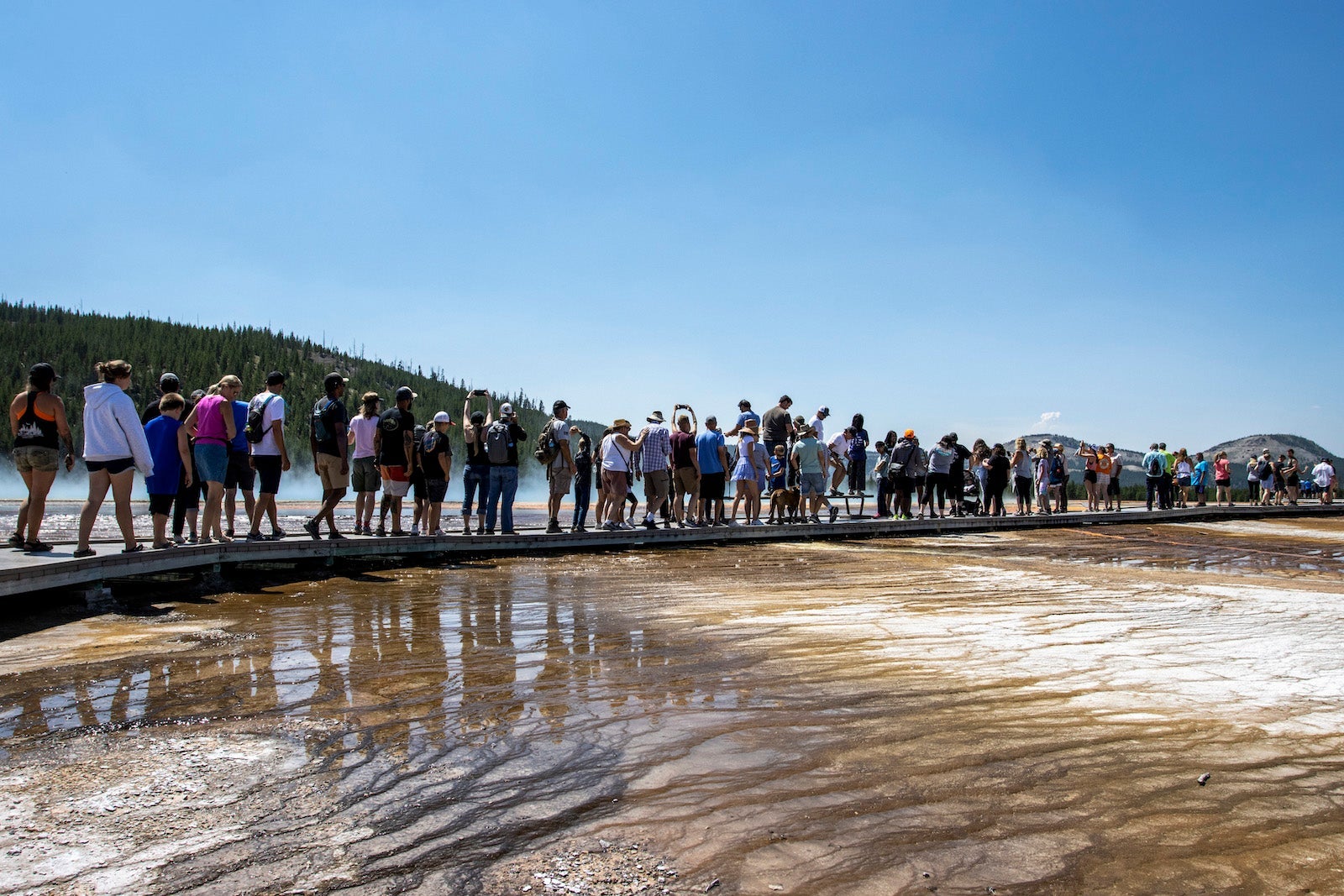
Gone are the days of rolling out of bed in your hotel room, hopping in your car and spontaneously driving to a nearby national park.
The most popular national parks — including Glacier, Yosemite, Mount Rainier and Arches — require advance reservations to enter during peak periods, and you may need to apply for a permit or enter a lottery to experience their most legendary hikes. Even those that don't require reservations may still limit capacity, meaning you should plan for an earlier-than-usual wake-up time to guarantee entry.
Related: Visiting a national park this summer? Better plan ahead
Tips to prevent these issues
- Take the time to map out your entire trip, especially if you intend to visit a theme park or a national park.
- Check the website of the national park you're planning to visit regularly, and stay up to date on things like permit requirements, park conditions and road closures.
Believing that everything will go wrong
The final mistake you want to avoid is actually the direct opposite of everything written above.
Don't believe that everything will absolutely go wrong if you decide to travel this summer. Sure, there's a lot that can go wrong, but for every horror story there is about last-minute canceled flights, rental car shortages and $27 beers at the airport, there's another (probably not publicized) story about things going perfectly well, and everyone having a great time on their vacation.
Bottom line
It's still possible to have a relatively painless travel experience despite the things that could go wrong. If you prepare for the worst, hope for the best and expect something in between, you'll likely wind up all right.
Related reading:
- Key travel tips you need to know — whether you're a first-time or frequent traveler
- Best travel credit cards
- Where to go in 2024: The 16 best places to travel
- 6 real-life strategies you can use when your flight is canceled or delayed
- 8 of the best credit cards for general travel purchases
- 13 must-have items the TPG team can't travel without
TPG featured card
at Capital One's secure site
Terms & restrictions apply. See rates & fees.
| 5X miles | Earn 5X miles on hotels, vacation rentals and rental cars booked through Capital One Travel |
| 2X miles | Earn unlimited 2X miles on every purchase, every day |
Pros
- Stellar welcome offer of 75,000 miles after spending $4,000 on purchases in the first three months from account opening. Plus, a $250 Capital One Travel credit to use in your first cardholder year upon account opening.
- You'll earn 2 miles per dollar on every purchase, which means you won't have to worry about memorizing bonus categories
- Rewards are versatile and can be redeemed for a statement credit or transferred to Capital One’s transfer partners
Cons
- Highest bonus-earning categories only on travel booked via Capital One Travel
- LIMITED-TIME OFFER: Enjoy $250 to use on Capital One Travel in your first cardholder year, plus earn 75,000 bonus miles once you spend $4,000 on purchases within the first 3 months from account opening - that’s equal to $1,000 in travel
- Earn unlimited 2X miles on every purchase, every day
- Earn 5X miles on hotels, vacation rentals and rental cars booked through Capital One Travel
- Miles won't expire for the life of the account and there's no limit to how many you can earn
- Receive up to a $120 credit for Global Entry or TSA PreCheck®
- Use your miles to get reimbursed for any travel purchase—or redeem by booking a trip through Capital One Travel
- Enjoy a $50 experience credit and other premium benefits with every hotel and vacation rental booked from the Lifestyle Collection
- Transfer your miles to your choice of 15+ travel loyalty programs
- Top rated mobile app



